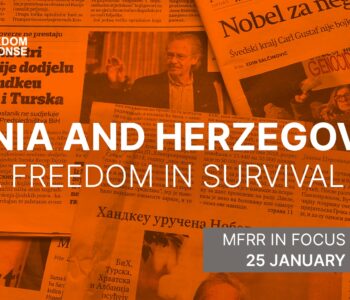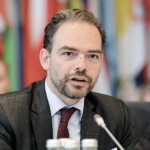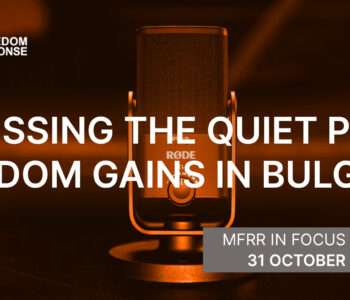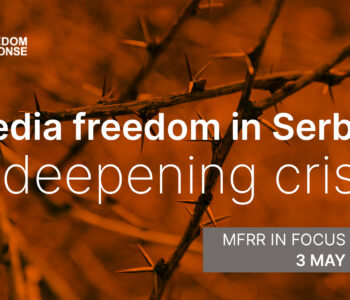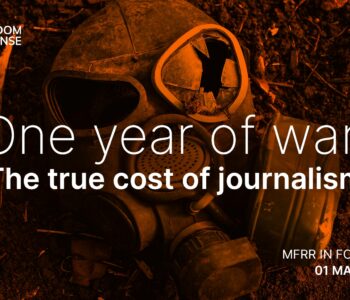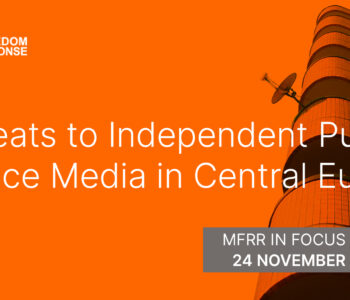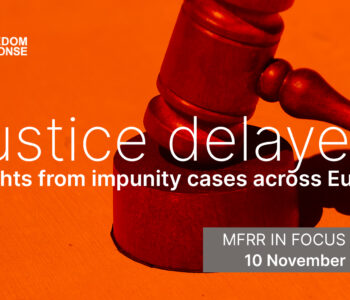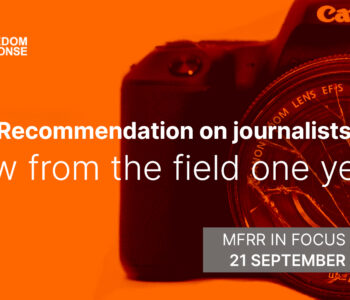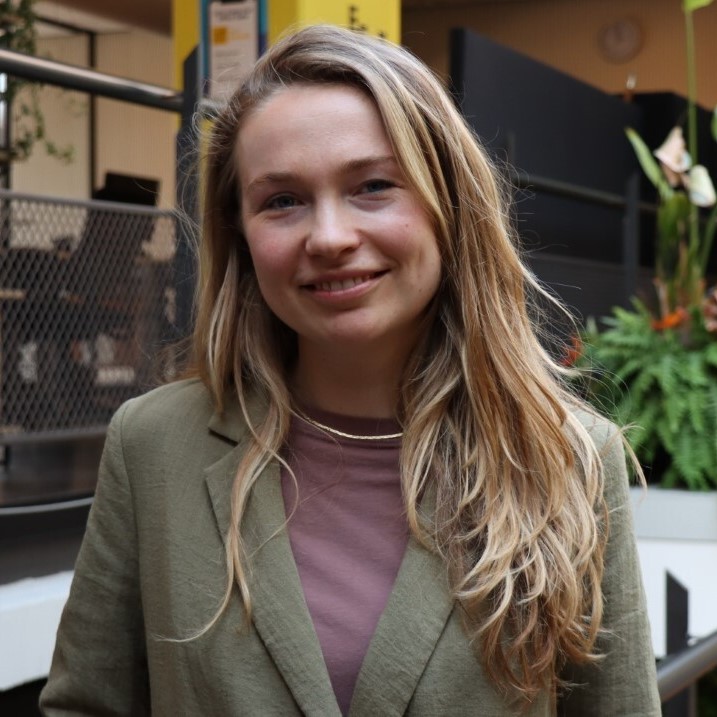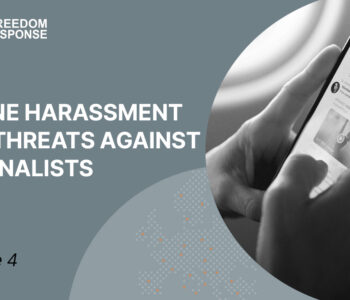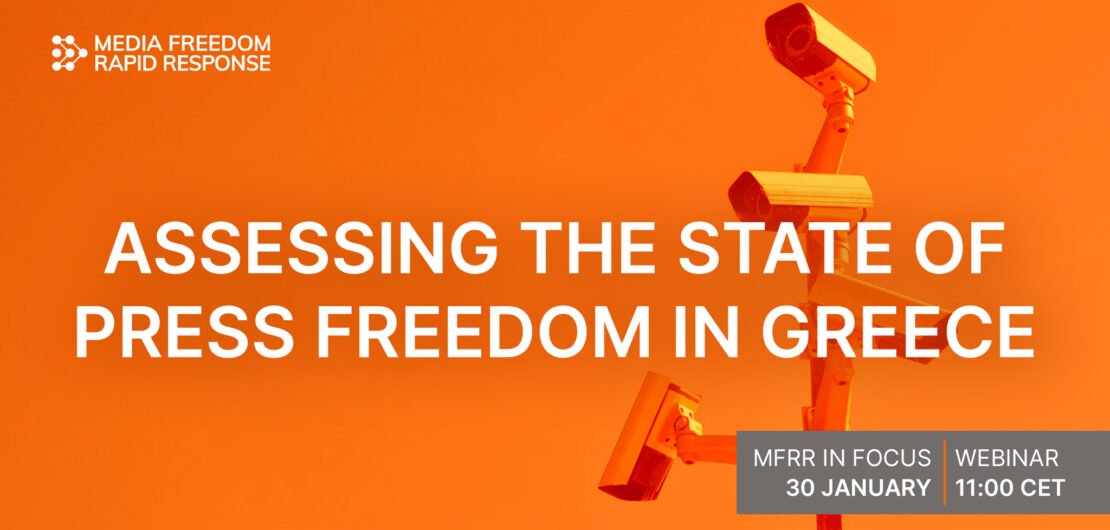 Event
Event
Webinar: Assessing the state of press freedom in Greece
Webinar: Assessing the state of press freedom in Greece
30 January, 11:00 CET.
On 30 January, international media freedom groups will hold a webinar and press conference to mark the publication of a major report assessing the landscape for press freedom and independent journalism in Greece, following a mission to Athens in September 2023.
The report examines the clear period of deterioration in media freedom in the EU Member State over the last few years, identifies the reasons behind this deterioration, and sets out recommendations for steps to be taken to address these many challenges.
It also provides a detailed analysis of the measures taken by the New Democracy government in recent years to try and address the problems and assesses their effectiveness of these policies so far, including the government’s Task Force for journalist safety.
The report has been jointly produced by the organsiaitons of the Media Freedom Rapid Response (MFRR): ARTICLE 19 Europe, the European Centre for Press and Media Freedom (ECPMF), the European Federation of Journalists (EFJ), Free Press Unlimited (FPU), the International Press Institute (IPI) and the Osservatorio Balcani e Caucaso Transeuropa (OBCT), along with the Committee to Protect Journalists (CPJ) and Reporters Without Borders (RSF).
During the webinar, representatives of these organisations will present the conclusions and findings of the mission delegation on five key themes: surveillance and spyware; the safety of journalists and impunity; SLAPPs and legal threats; media pluralism and independent journalism; and the role of unions and importance of solidarity.
There will be a press conference at the end of the event. The report will be published first in English, with a translated Greek version to follow in the coming weeks.
Speakers
Pavol Szalai
Reporters Without Borders (RSF)
Jasmijn de Zeeuw
Free Press Unlimited (FPU)
Attila Mong
Committee to Protect Journalists (CPJ)
Jamie Wiseman
International Press Institute (IPI)
Massimo Moratti
Osservatorio Balcani e Caucaso Transeuropa (OBCT)
Thodoris Chondrogiannos
Reporters United
Marina Rafenberg
Greece correspondent for Le Monde and AFP
